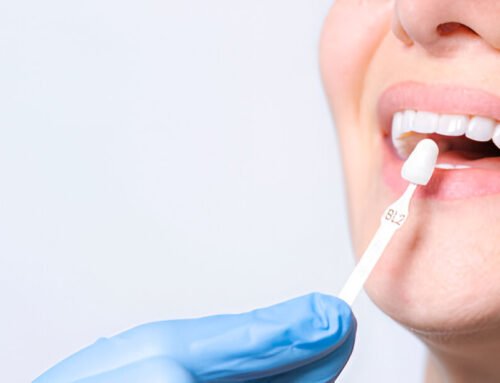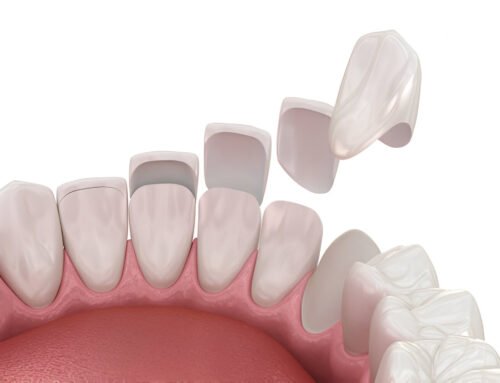Can You Get Veneers on the NHS?
Dental veneers are a popular cosmetic treatment that can improve the appearance of your smile. Made from composite resin or porcelain, veneers are custom-designed to match the shape, texture, and colour of your teeth. You can get veneers for one tooth, several teeth, or your entire set of teeth. They provide a new surface for your teeth, helping to correct issues like discolouration, gaps, and uneven teeth.
NHS Coverage for Veneers
NHS Treatment Bands
The NHS offers a range of dental treatments, some of which are available under specific circumstances. The cost of NHS dental treatments is divided into three bands:
- Band 1: £26.80 – This covers basic treatments like checkups, X-rays, and adjusting braces.
- Band 2: £73.50 – This includes treatments like fillings and tooth extractions.
- Band 3: £319.10 – This covers more complex treatments like bridges, crowns, dentures, and veneers.
Can You Go Back to Normal Teeth After Veneers?
Clinical Need for Veneers
To qualify for veneers on the NHS, your dentist must determine that there is a clinical need for them. This means veneers are only provided if they are necessary to address functional issues or to restore dental health. If your teeth have significant structural defects or damage affecting your oral health and function, you might be eligible for NHS-funded veneers.
Cosmetic Considerations
Purely cosmetic issues, such as wanting to improve the appearance of slightly discoloured or misaligned teeth, do not qualify for NHS treatment. For cosmetic veneers, you will need to consider private dental options. Private treatment allows you to choose from various veneer materials, styles, and treatment plans tailored to your specific needs.
Are Veneers Worth It?
Alternatives to Veneers on the NHS
Before considering veneers, the NHS may explore alternative treatments that are more cost-effective or conservative. Some alternatives include:
- Composite Bonding: This treatment uses a tooth-coloured resin to repair decayed, chipped, fractured, or discoloured teeth. It is less expensive than veneers and can be covered by the NHS if there is a clinical need.
- Dental Crowns: These are caps placed over damaged teeth to restore their shape, size, strength, and appearance. Crowns can also be covered by the NHS if there is a clinical need.
Private Treatment for Veneers
If you are seeking veneers for cosmetic reasons, private dental practices offer a range of options. Private treatment allows you to choose the type of veneer material and customise your treatment plan. The cost of private veneers can vary based on the dentist’s experience, location, and the materials used. Porcelain veneers are more expensive than composite veneers due to their durability and natural appearance.
Cost of Veneers
NHS Costs
If you qualify for NHS veneers due to clinical need, the treatment will fall under Band 3, costing £306.80. However, it is unlikely that you would get a complete set of veneers on the NHS. The NHS prioritises essential treatments, and veneers are typically considered cosmetic.
Private Costs
The cost of private veneers can range from £300 to £800 per tooth for porcelain veneers and £150 to £400 per tooth for composite veneers. The price varies depending on the dentist’s expertise, location, and the complexity of your case. Some dental practices offer finance options to help spread the cost of treatment.
What to Expect During the Veneer Process
If you decide to get veneers, whether through the NHS or privately, the process generally includes the following steps:
- Initial Consultation: Your dentist will assess your teeth and discuss your goals and treatment options.
- Preparation: The dentist will remove a small amount of enamel from the front of your teeth to make space for the veneers.
- Impressions: Impressions of your teeth are taken to create custom veneers that fit perfectly.
- Temporary Veneers: You might receive temporary veneers while your permanent ones are being made.
- Fitting: Once your veneers are ready, your dentist will bond them to your teeth and make any necessary adjustments.
Maintaining Your Veneers
Proper care can extend the life of your veneers. Here are some tips to maintain them:
- Brush and floss regularly to keep your teeth and gums healthy.
- Avoid biting on hard objects like ice or pencils.
- Limit consumption of staining foods and drinks like coffee, tea, and red wine.
- Visit your dentist regularly for checkups and cleanings.
Conclusion
Getting veneers on the NHS is possible, but it is rare and depends on clinical need. For purely cosmetic reasons, private dental treatment is the best option. Understanding the process, costs, and maintenance involved can help you make an informed decision about whether veneers are right for you. If you have any questions or concerns, consult your dentist to explore the most suitable treatment options for achieving your desired smile.
Book Your Appointment Today!
Contact Broxburn Smile Centre
If you are considering veneers and want the best care and advice, contact Broxburn Smile Centre. Our experienced team is dedicated to providing high-quality dental care tailored to your needs. We offer both NHS and private treatment options to help you achieve the smile you’ve always wanted. Schedule a free, no-obligation consultation with us today to discuss your options and find the best solution for your dental needs.











